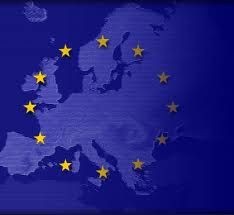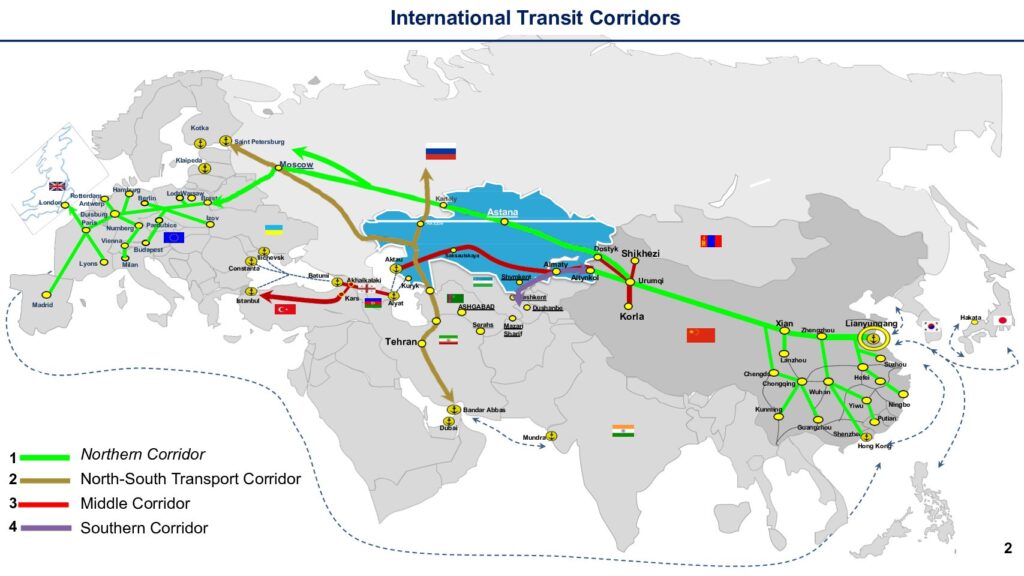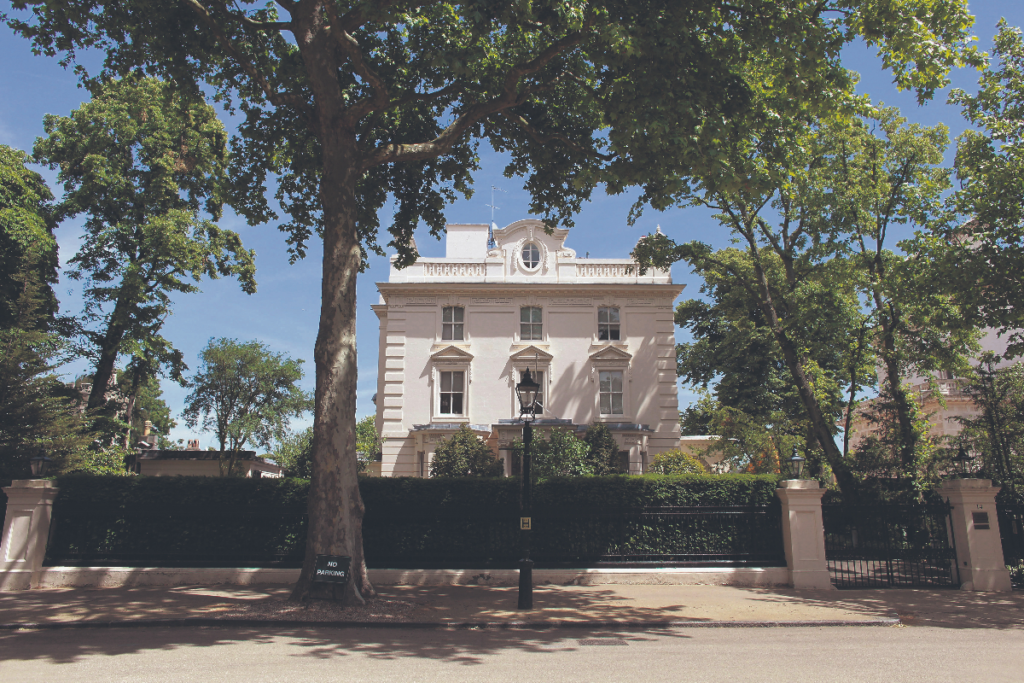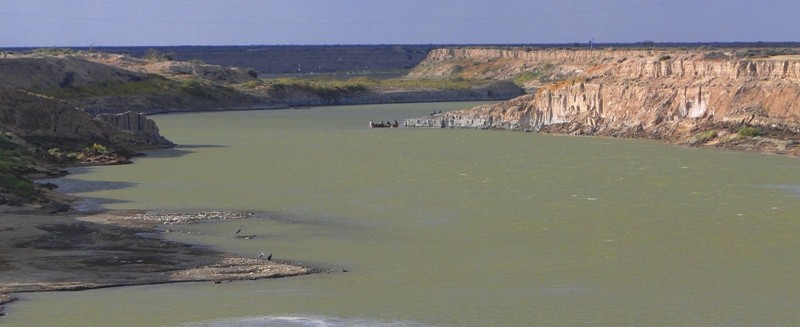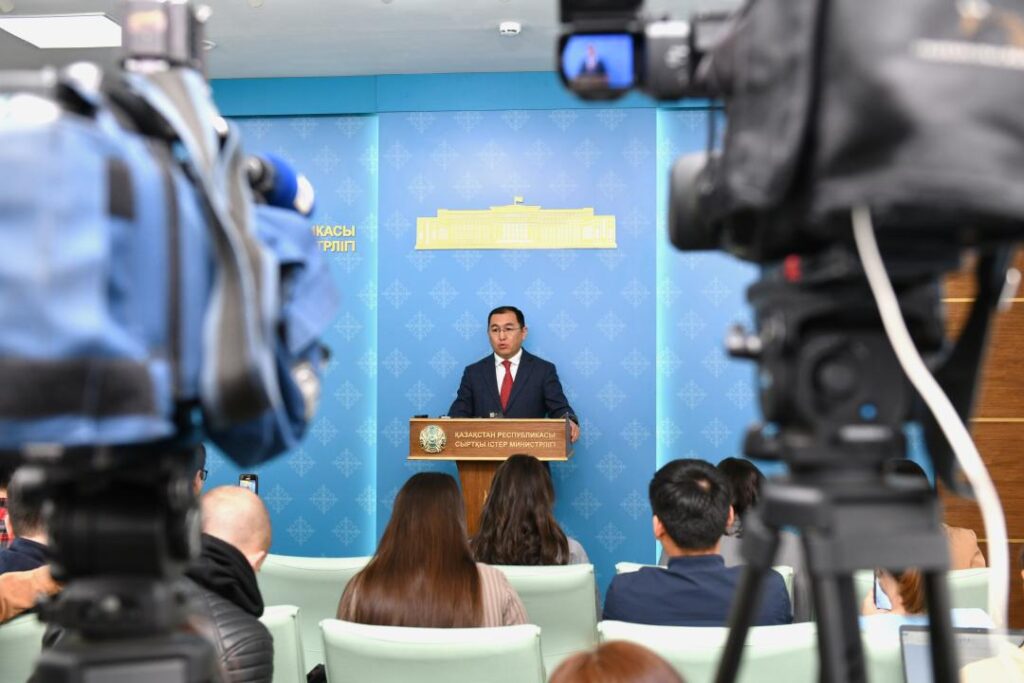ASTANA (TCA) — The European Union (EU) and Kazakhstan held their 17th meeting of the Cooperation Committee on January 30 in Brussels.
The EU is Kazakhstan’s first trade and investment partner, representing over one third of Kazakhstan’s external trade and over a half of total foreign direct investment in Kazakhstan. Kazakhstan is the first Central Asian country with which the EU has signed in 2015 an Enhanced Cooperation and Partnership Agreement (EPCA), the Delegation of the European Union to Kazakhstan said.
The Cooperation Committee confirmed the mutual commitment and interest in further strengthening cooperation. The EU and Kazakhstan reviewed their cooperation in the following fields covered by the EPCA: the rule of law, good governance, the protection of human rights, economic developments and reforms, energy, transport, environment, climate action, mobility and people-to-people cooperation, education, science, civil society and regional cooperation.
The EU and Kazakhstan stressed the importance of an enabling environment for NGOs, lawyers and journalists and the need for progress to continue in this area. Although recent amendments to the Criminal and Criminal Procedure Legislation are positive developments, the EU reiterated the importance of an independent and impartial judiciary.
Recent economic developments, in particular, efforts undertaken to improve the investment climate and the launch of a high-level Platform of dialogue on business were discussed. The EU recalled the importance of the rule of law, good governance, effectively fighting corruption and enforcing international arbitration decisions, at all institutional levels, as crucial for attracting further foreign investments.
Kazakhstan has excellent participation in the EU Erasmus+ programme and demonstrates a strong commitment to the EU-Central Asia Education Platform, the EU said. Over the last four years, Kazakh universities have been involved in 40 higher education capacity building programmes and a total of 430 mobility projects have started between higher education institutions in the EU and Kazakhstan, sending over 2 000 Kazakh students and staff to Europe.
The Cooperation Committee also discussed EU-Central Asia cooperation including in the field of security, counter-terrorism, fighting drug trafficking and border management. Participants stressed the importance of building on the momentum of good relations both between the EU and the region — as illustrated by the most recent EU-Central Asia Ministerial, held in Brussels on 23 November — and within the region itself. The EU will present later this year its new Central Asia strategy.
The Cooperation Committee meeting contributed to the EU-Kazakhstan Cooperation Council, at ministerial level, to take place by the end of the year. Both the EU and Kazakhstan look forward to continuing the close cooperation in the framework of the EPCA and the new EU-Central Asia Strategy.
The meeting was chaired by Deputy Foreign Minister of Kazakhstan, Roman Vassilenko, and Deputy Managing Director for Europe and Central Asia, European External Action Service, Luc Devigne.
